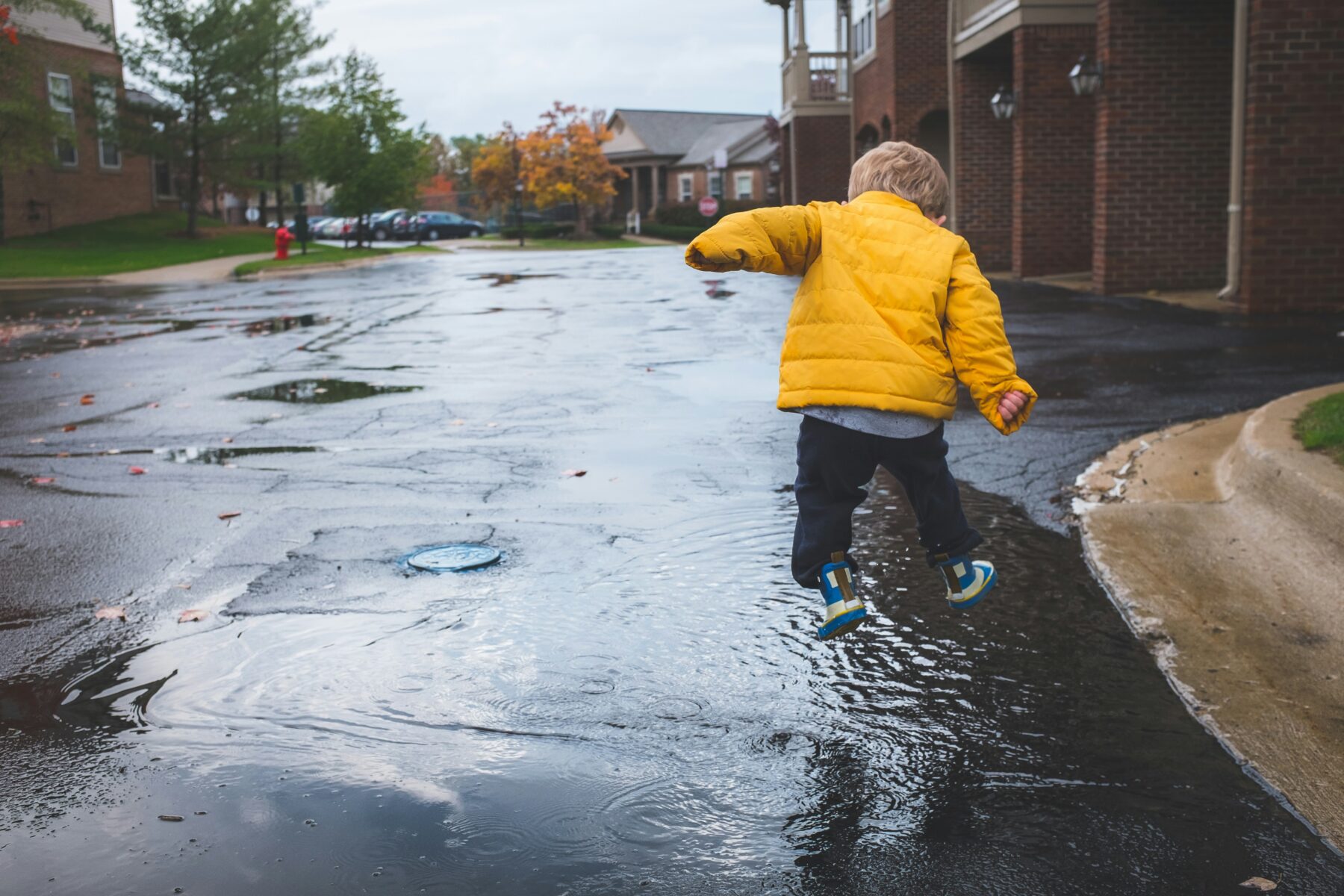World’s largest childhood trauma study reveals vital brain information

The world’s largest brain study of childhood trauma has offered invaluable insights into childhood trauma, revealing the way that trauma affects development and rewires vital neural pathways.
Led by the University of Essex, the study uncovered a disruption in neural networks involved in self-focus and problem-solving, finding that children and young people under 18 years of age who have experienced abuse will likely struggle with emotions, empathy and understanding their bodies.
Difficulties in school caused by memory, hard mental tasks and decision making may also emerge, the researchers found.
Lead researcher Dr Megan Klabunde’s cutting-edge research used AI to re-examine hundreds of brain scans and identify patterns.
Researchers hope that the research will help hone new treatments for children who have endured mistreatment, which could mean that therapists focus on techniques that rewire these centres and help children and young people rebuild their sense of self.
“Currently, science-based treatments for childhood trauma primarily focus on addressing the fearful thoughts and avoidance of trauma triggers,” she explained.
“This is a very important part of trauma treatment. However, our study has revealed that we are only treating one part of the problem.”
“Even when a child who has experienced trauma is not thinking about their traumatic experiences, their brains are struggling to process their sensations within their bodies.”
“This influences how one thinks and feels about one’s ‘internal world’ and this also influences one’s ability to empathise and form relationships.”
Dr Klabunde hopes the study will be a springboard to find out more about how trauma affects developing minds.
“Our brain findings indicate that childhood trauma treatments appear to be missing an important piece of the puzzle,” she said.
“In addition to preventing avoidance of scary situations and addressing one’s thoughts, trauma therapies in children should also address how trauma’s impacts one’s body, sense of self, emotional/empathetic processing, and relationships.”
Popular

Practice
Provider
Quality
Research
Workforce
New activity booklet supports everyday conversations to keep children safe
2025-07-10 09:00:16
by Fiona Alston

Quality
Practice
Provider
Research
Workforce
Honouring the quiet magic of early childhood
2025-07-11 09:15:00
by Fiona Alston

Quality
Practice
Provider
Workforce
Reclaiming Joy: Why connection, curiosity and care still matter in early childhood education
2025-07-09 10:00:07
by Fiona Alston












